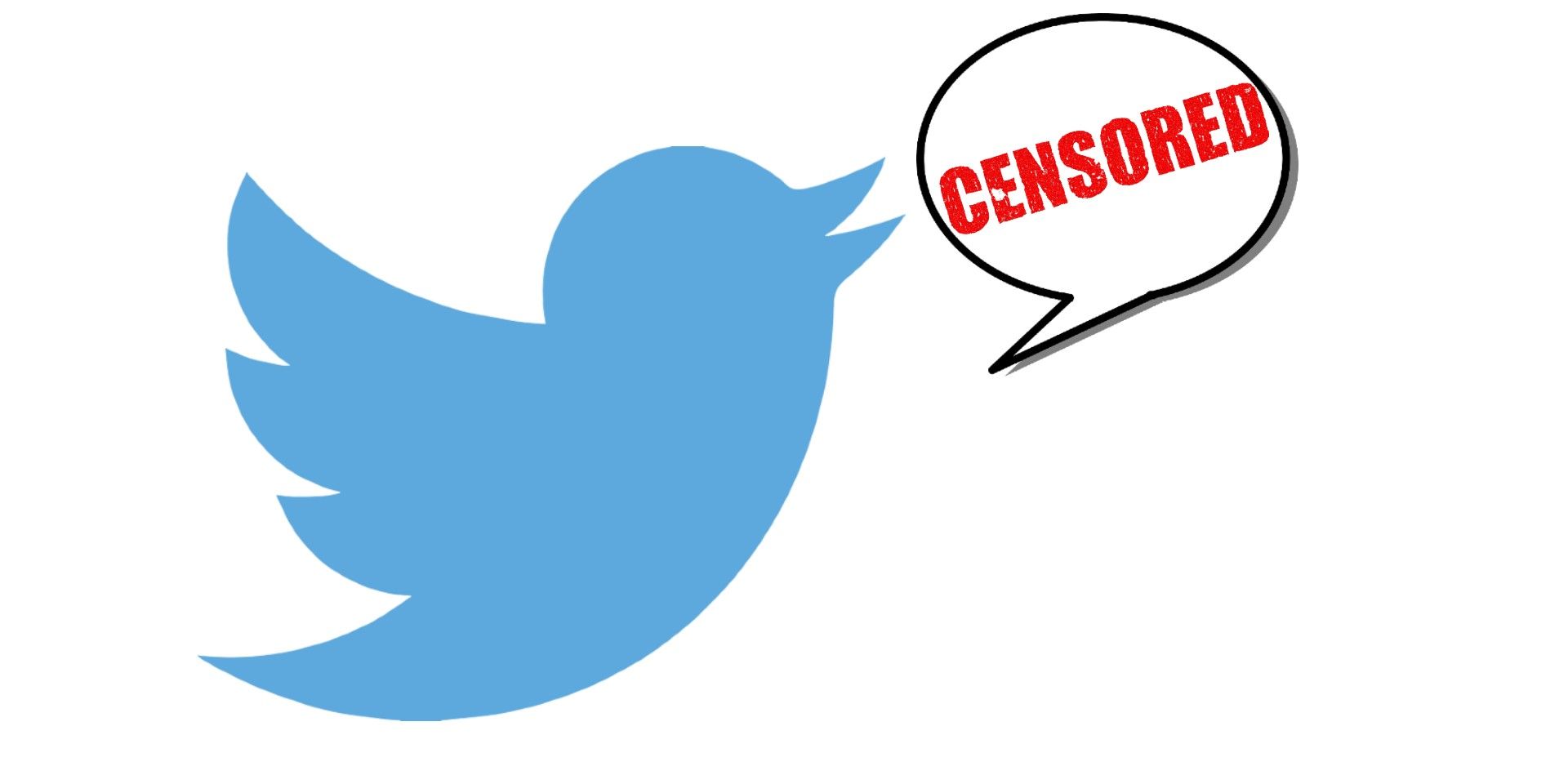
Twitter announced at CES that they will soon be launching a new feature that will allow tweeters to control who, if anyone, can respond to their tweets. In other words, the platform which has been famous as a means for giving individuals the power to speak out with dissenting opinions against celebrities and large corporations will soon find themselves silenced. A company spokesperson claimed that the reason behind the new feature is supposedly to limit the ability for trolls to harass people. However, it is far more likely that Twitter elites will use this feature so that it will be harder for audiences to find and see dissenting opinions.
The new feature will allow for four different levels of permission for writing a comment. The levels are public - where everyone can respond (and how all tweets are today), group - where only people you follow can comment, panel - which is where only individuals tagged within a tweet can respond, and statement - where no one is allowed to respond. In recent days, most mainstream media outlets have disabled comments on their social media accounts that allow it, such as on YouTube. This means that if, for example, a media report includes false or misleading information, the internet community has far less power to challenge what companies are pushing out.
The new feature seems antithetical to the purpose of Twitter. Twitter has always been about giving individuals the power to communicate with a huge audience. It has allowed pivotal news stories to break, and has shed light on critical issues that may have otherwise been ignored by big media outlets. Twitter has always been designed to be a public forum, not a private one. By contrast, a social media platform like Facebook is the opposite. It is designed to provide a space for friends and family members to communicate with each other and not necessarily to the entire public. With Twitter's impending comment restrictions, it seems that they are taking a step away from being a place where everyone has a voice.

One of the biggest problems with social media today is that individuals are becoming increasingly isolated within ideological echo chambers. Dissenting opinions and viewpoints are often mislabeled as harassment as many of us have become accustomed to only hearing opinions and thoughts that we like or agree with. Twitter has the capability to break through Balkanized echo chambers by exposing us to ideas outside of our own social circles. These steps against free speech and the spread of opinions and dissent will only further this problem by making it even more difficult to have legitimate arguments.
The Twitter representative argued that it will still possible to retweet something and respond to that – but this seems more like a stopgap solution. If a major celebrity shares a tweet, you re-tweeting and responding to it will likely be seen by far fewer people than if you could simply respond directly. The fact is Twitter already has rules against harassment, and those found guilty of it are deleted and banned regularly. Anyone who posts something publicly on Twitter should be aware that they may get responses that they don't like. Twitter already allows people to block and mute other people which can already give them a lot of power in controlling their own narrative. Having a native function that can completely block all potential dissenting voices just seems like overkill.
Source: The Verge
from ScreenRant - Feed https://ift.tt/37ZavuH
via IFTTT







0 comments:
Post a Comment